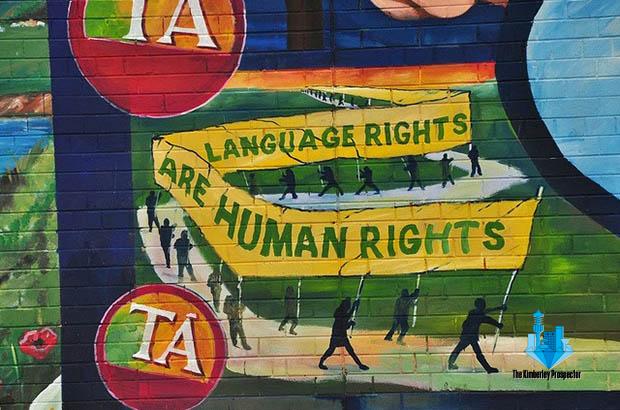The South African Police Service (SAPS) recently issued a directive in the Western Cape which excludes Afrikaans victims of crime from giving statements in their language. This decision has been met with fierce criticism from the Democratic Alliance (DA), who have lodged a complaint with the South African Human Rights Commission (SAHRC).
The DA has accused SAPS of violating the human rights of Afrikaans-speaking South Africans and has vowed to fight the decision with the same vigour as they have in the past. They argue that this directive will lead to cases being thrown out on technicalities or worse, victims not coming forward at all because they don’t feel that the police are helping them.
The DA has accused the ANC government of not protecting the people’s rights to a language of their choice and has said that if the government won’t protect these rights, they will. They argue that in a diverse province such as the Western Cape, where English may not be the language of choice for the majority of residents, victims of the ever-increasing crime statistics should have every opportunity possible to ensure that justice is done and the criminals brought to book.
The SAHRC has confirmed that they have received the complaint from the DA and will be launching an investigation into the matter. It remains to be seen if the directive will be overturned or if it will stand. In the meantime, the DA is calling for the protection of language rights for all South Africans.
It is wrong for the South African Police to not allow Afrikaans persons to give statements in their own language when South Africa has 11 official languages. South Africa is a multicultural country, and all 11 official languages should be respected and recognized by the South African Police. Denying an Afrikaans person the right to give a statement in their own language is a form of discrimination and is a violation of their human rights.
Furthermore, the South African Police have no lawful basis to impose such directives to only use English to record victims’ statements.
Allowing statements to be given in all 11 official languages is a necessary step in ensuring that all South Africans are treated equally and with respect.
